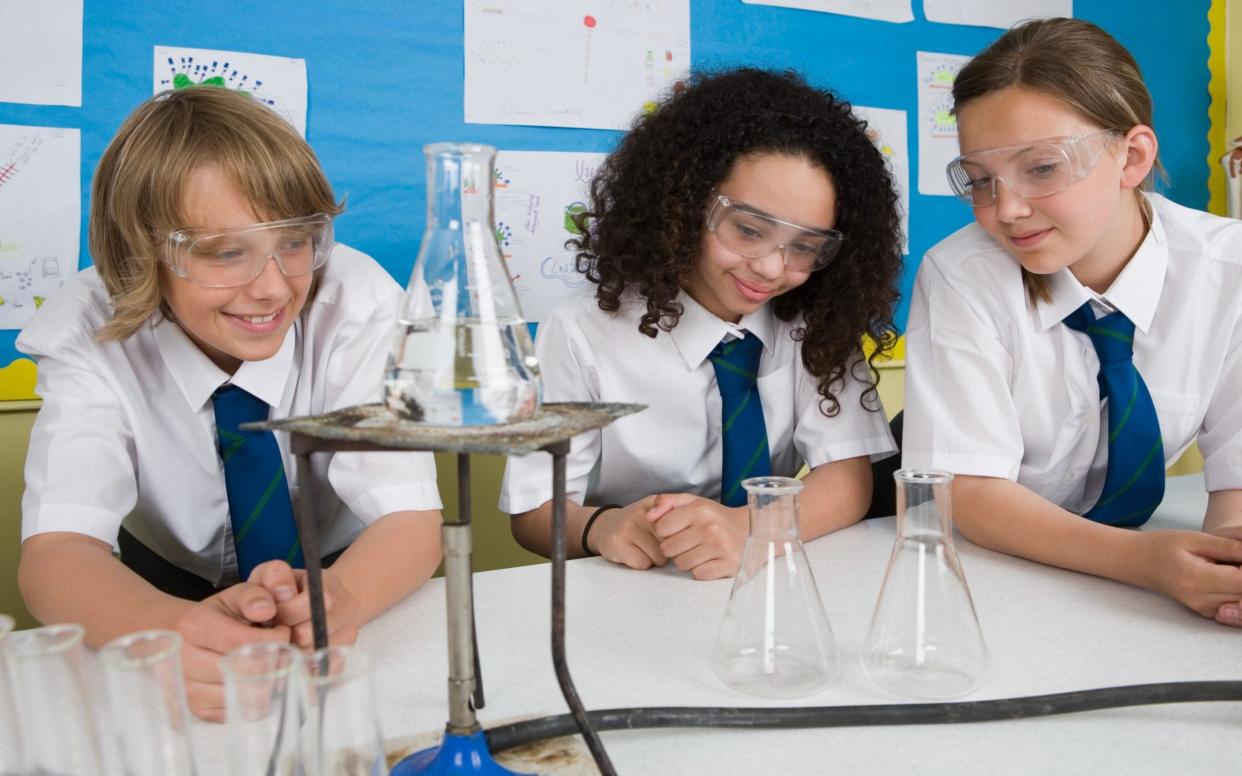Teachers told to be alert to signs of abuse when pupils return after lockdown


Teachers should be extra vigilant for signs of neglect and abuse when schools reopen, the UK’s leading children’s charity has said, as ministers draw up plans for a post-coronavirus child recovery strategy. The NSPCC has urged the Government to give school staff a crash course over the summer holidays in how to handle disclosures from pupils and how to spot red flags.
The advice comes amid concerns that when children return to the classroom, teachers may be the first front-line professionals they have seen in up to six months. Officials at the Department for Education are understood to be devising a scheme aimed at children who have been adversely affected by Covid-19. This could include interventions for youngsters whose mental health has suffered during lockdown as well as giving extra support to vulnerable children and those who have experienced abuse and trauma.
Peter Wanless, chief executive of the NSPCC, told The Sunday Telegraph that he welcomes the plan by Education Secretary Gavin Williamson to fully reopen schools in September, but warned that ministers must not overlook children’s wellbeing as part of their recovery strategy. “With schools closed it’s not just education that children have missed out on,” Mr Wanless said. “Many will have lost the only place they feel safe and access to the only adults they can trust. Moreover, we know that children who have had traumatic experiences find it hard to engage academically.”
He said that as well as catch-up lessons and the Government-backed tutoring programme, there must be support for children who experienced harm during lockdown. The NSPCC revealed last month that it took an average one call every hour about children at risk of harm from domestic violence. It said reports to its helplines about children suffering domestic abuse have risen by 32 per cent from 140 a week before the pandemic, to 185 a week during lockdown. More than half of calls led to children being referred to local councils or social services for urgent action to protect them.
Anna Edmundson, head of policy at the NSPCC, said that children are also more vulnerable to online harm as paedophiles have been targeting youngsters who have been spending more time than usual online. She said: “When children do come back to school the Government needs to ensure teachers across the country are equipped to handle any disclosures.”
Geoff Barton, general secretary of the Association of School and College Leaders, said that during lockdown, headteachers have been “acutely conscious” of the dangers some children face. “When all children return in September, schools and colleges will be alert to safeguarding concerns, as they always are at any time,” he said.
A Government spokesman said: “We know that schools also play a key role in protecting children, so we are working to ensure all children can return in September and are also looking at how to support the safety and wellbeing of vulnerable children by expanding the number of social workers placed in schools to help teachers identify any children at risk.
“At the same time, we have encouraged schools to focus on mental wellbeing as pupils return, published a list of mental health resources to help those supporting children at home, and will be running webinars for schools to provide further support to education settings as pupils return to school to help promote and support positive mental health and wellbeing.”

 Yahoo News
Yahoo News 
